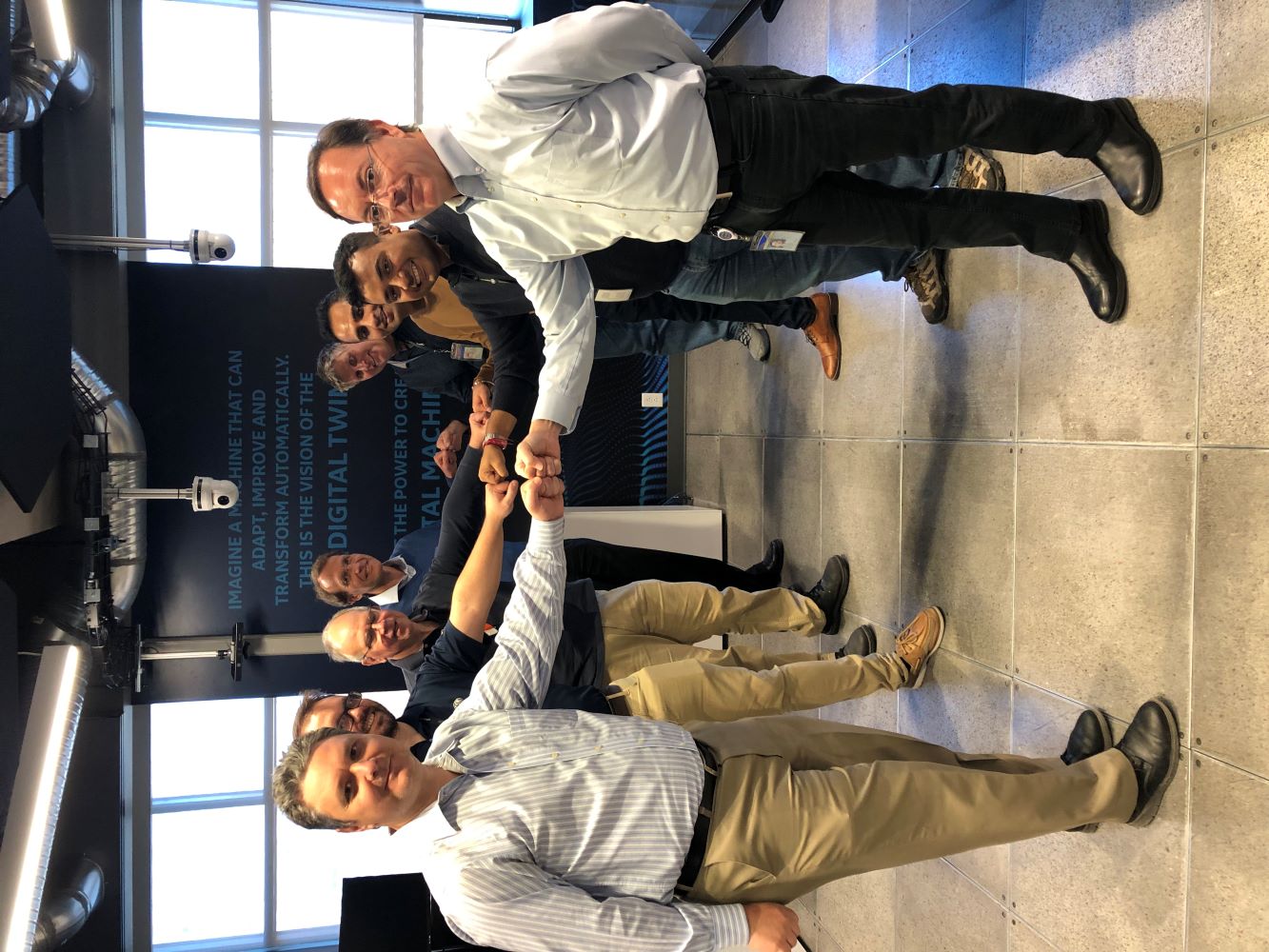 GE Research, the central technology development hub for the General Electric Company, has announced that it has been selected to receive $6.4 million in funding from the US Department of Energy (DOE) Advanced Research Projects Agency-Energy (ARPA-E) to advance nuclear fuel reprocessing technology.
GE Research, the central technology development hub for the General Electric Company, has announced that it has been selected to receive $6.4 million in funding from the US Department of Energy (DOE) Advanced Research Projects Agency-Energy (ARPA-E) to advance nuclear fuel reprocessing technology.
GE Research’s project, part of ARPA-E’s Converting UNF Radioisotopes Into Energy (CURIE) programme, aims to increase the amount of used fuel that can be reprocessed while also adding new safeguards and data protection measures and has the potential to save facility reprocessing operators significant costs. Bogdan Neculaes, a Principal Scientist at GE Research and Project Leader, said that the focus of GE’s project is to provide a safer, more productive, and economically viable way to recycle used fuel, stating, “We’re aiming to develop a unique solution that would enable facility reprocessing operators to keep the tracking and measurements of used fuel flowing in the pipes of the facilities themselves. This has the potential to yield estimated savings in the hundreds of millions of dollars annually in operating costs while enabling more used fuel to be recycled with enhanced safeguards.”
Neculaes explained that currently, fuel reprocessing operators have to temporarily shut down plant operations to perform a full inventory of nuclear materials within the plant. Additionally, there are planned scheduled outages for these physical inventory checks. The GE Research-led physical and digital solution would enable real-time tracking and measurements of a plant’s nuclear inventory, minimising unplanned shutdowns and reducing the time required for planned shutdowns.
“We will introduce novel sensors, which will involve Monochromatic Assays Yielding Enhanced Reliability (MAYER) interrogation techniques, to accurately characterize and measure the used nuclear fuel throughout the reprocessing,” Neculaes said. “This data will be transmitted continuously to GE’s AI- driven digital twin of the reprocessing facility, enabling real-time tracking and measurements of used fuel material.”
Understanding that the highest standards of safety and protocols must be maintained with data, GE will integrate an advanced distributed ledger/Blockchain technology to further secure the used fuel tracking data involved. Also, the MAYER acronym describing the techniques for analysing used fuel was inspired by Nobel Prize-winning nuclear physicist, Maria Goeppert Mayer, whose work established the foundation for and helped advance the safe, reliable application of nuclear energy.
Mayer’s Nobel Prize for discovering the shell model of the atomic nucleus provides the backbone for the MAYER program’s nuclear isotope sensor technology. GE Research has assembled a team of top industry and government partners to support this project, which are GE Hitachi Nuclear, Sandia National Laboratories, Orano, and Lumitron Technologies.
GE Research’s team of physical and digital scientists are combining material science, chemistry, imaging and sensing with artificial intelligence and algorithms to create a digital replica of a nuclear fuel reprocessing facility that will allow fuel reprocessing operators to perform real-time tracking and measurements of a plant’s nuclear materials inventory. This would help prevent unplanned shutdowns and reduce the time for planned shutdowns, potentially saving operators hundreds of millions annually in costs.
As part of the project, Sandia will provide models of reprocessing facilities that GE scientists will use to create its digital twin model. Orano, one of the world’s top nuclear fuel reprocessing operators, will provide guidance to ensure these digital models represent the most accurate depictions of a real plant facility. Lumitron Technologies specialises in monochromatic, tunable, high flux, compact laser Compton scattering radiation sources that enable the innovative sensors proposed in MAYER. GE Hitachi Nuclear will be a consulting partner with GE Research on the project, bringing a critical industry perspective as a leader in the nuclear sector.
Image: The GE Research team (courtesy of GE)



